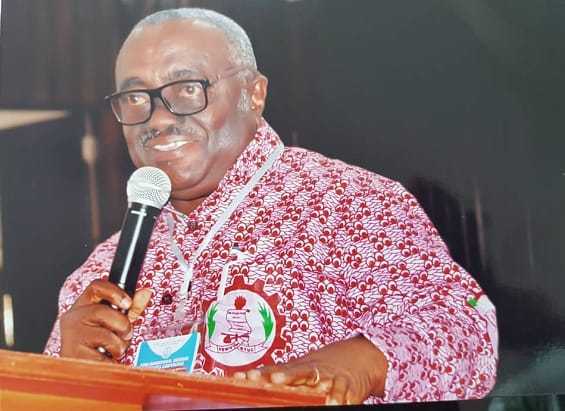The Teachers and Educational Workers’ Union of TUC (GH) (TEWU of TUC (GH)) has announced the suspension of its nationwide strike action commenced on January 22, 2024.
The Union explained to all stakeholders in the education sector, particularly those in the public universities, and Ghanaians in general, that the suspension has been occasioned by fruitful discussions with the employer.
“The suspension is as a result of the favourable outcome of negotiations with Government on the release of the arrears for the Tier-2 pensions to the fund managers and the withdrawal of the letter from Ghana Tertiary Education Commission, GTEC on the payment of overtime allowance to members,” a press release dated February 9, signed by the General Secretary, Mark Korankye detailed.
“The Leadership of TEWU of TUC (GH) together with the Leadership of the SSA-UoG and FUSSAG have on the basis of the success chalked up in the negotiations, decided to suspend the Industrial Action on our various campuses,” the release added.
TEWU therefore called on “all our members to resume work immediately. We want to assure our members that leadership will continue to engage with Government to ensure that penalties that have accrued as a result of the delayed payment to the Fund Managers are effectively negotiated and paid to the Fund Managers as soon as possible. We shall also negotiate on all other pending issues and bring finality to them. All we need from them is their absolute support.”
It further noted that “TEWU of TUC (GH)) leadership will always appreciate the commitment of members in ensuring conducive atmosphere at the various public Universities for our students to enjoy quality teaching and learning.”
The Union further called on government agencies “to be alive to their responsibilities and not wait for industrial action by labour groups in the education sector, before taking action to address their concerns. This will prevent avoidable inconveniences that students tend to suffer in such situations.”
By Daniel Opoku









![Business tycoon in Novrongo to bury late father in a car [Video]](https://ghananewss.com/storage/2023/05/business-tycoon-100x75.jpeg)







